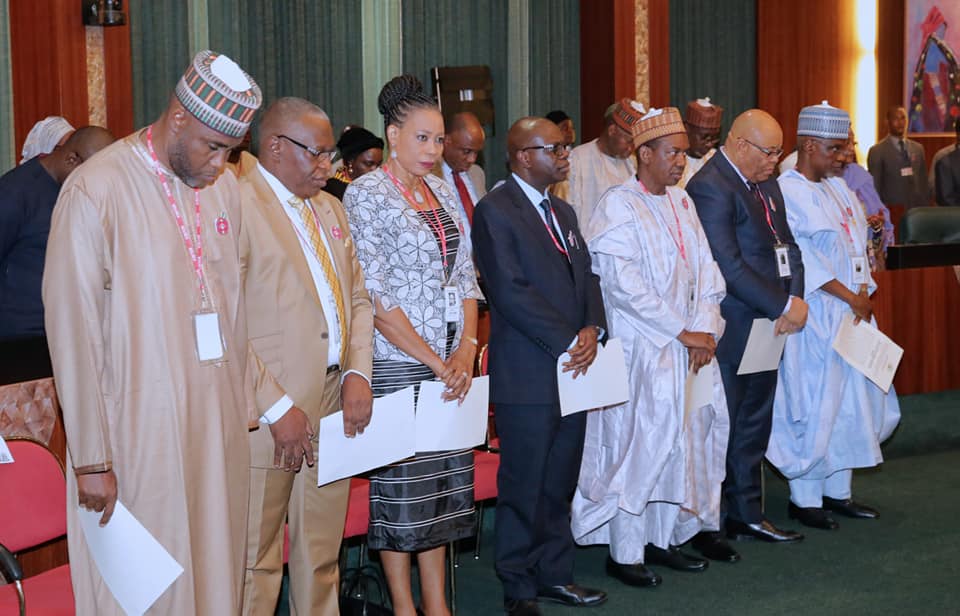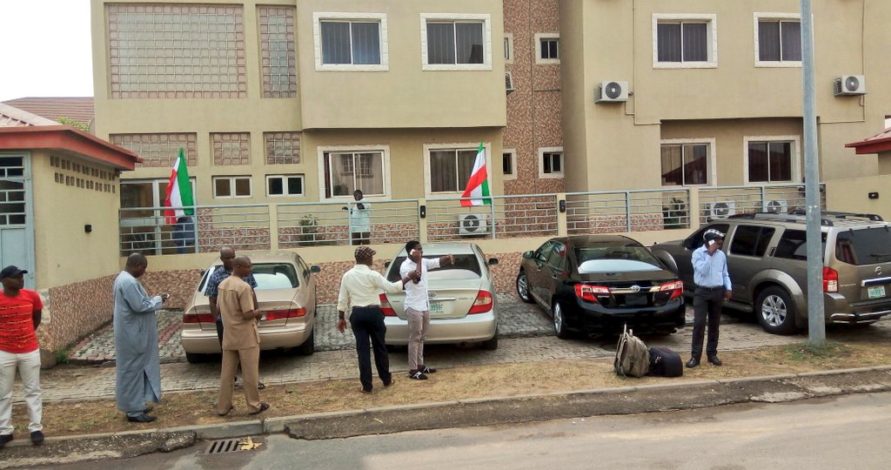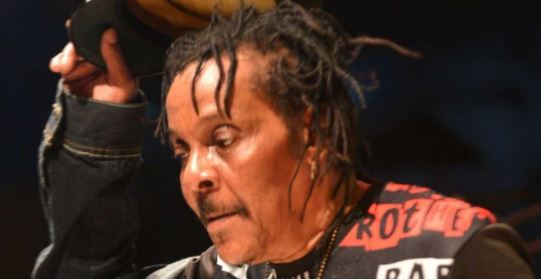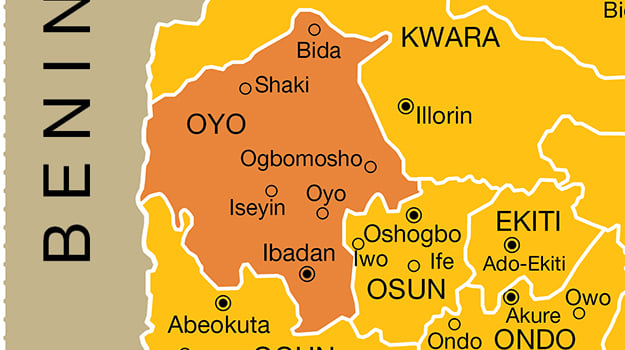An Italian court has approved the prosecution of Royal Dutch Shell and Eni in the controversial sale of OPL 245 oil block.
OPL 245 is located in an extremely rich oilfield in the Niger Delta, estimated to worth half a trillion dollars.
The sale of the block has been replete with allegations of graft amid lawsuits.
A judge in Milan ordered that Claudio Descalzi, an Eni executive, and his predecessor, Paolo Scaroni, should be tried on allegations of impropriety in the deal.
Advertisement
The trial is expected to commence on March 5.
But Eni has distanced its directors from any misdeed in the purchase of the lucrative oilfield.
“Eni’s Board of Directors has reaffirmed its confidence that the company was not involved in alleged corrupt activities in relation to the transaction,” the Italian firm said in reaction to the court ruling.
Advertisement
“Eni expresses its full confidence in the judicial process and that the trial will ascertain and confirm the correctness and integrity of its conduct.
“Claudio Descalzi was not involved in the alleged illegal conduct.”
OPL 245 was awarded to Malabu in 1998 at a time the beneficial owners were Dan Etete, then minister of petroleum resources who approved the licence, and Mohammed Abacha, son of the head of state at the time.
Their identities as the beneficial owners were later publicly revealed after the death of Sani Abacha, which effectively terminated his military regime.
Advertisement
It was revoked in 2001 by President Olusegun Obasanjo and awarded to Shell same year, but was revoked again in 2006 and returned to Malabu following an out-of-court settlement.
President Goodluck Jonathan finally restored the block to Malabu in 2010 in a $1.3 billion deal.
But the deal has become a subject of litigation as Shell and ENI paid $1.1 billion to acquire the field from Malabu and $210 million to the federal government as signature bonus.
Both payments were made to a federal government account, leading to suspicion that Shell and ENI did not want to be directly involved with Malabu because of corporate governance issues.
Advertisement
Italian prosecutors believe Shell and ENI executives knew government officials were going to be bribed from the payments for their roles in getting the deal approved.
Advertisement
Add a comment






